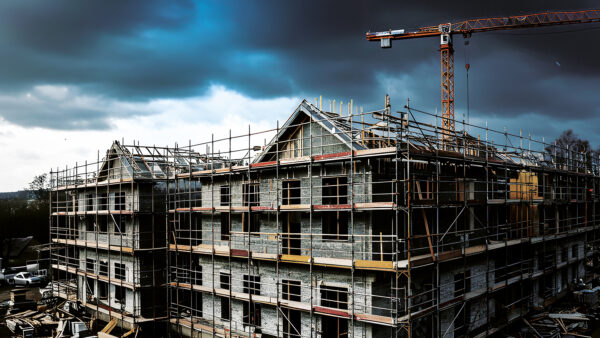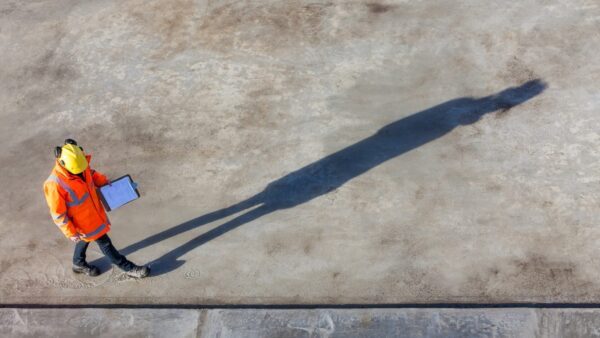A selection of readers’ comments about news and issues in the industry from across the CIOB community.

Can AI help alleviate construction’s skills shortage?
I am seeing a lot of articles on leveraging AI in construction and other industries. I am a supporter of innovation and seeking ways to continuously improve on what we do. But for me, the crux of the AI topic is the ‘we’ part: the human component in the equation.
We already have many processes, frameworks and tools in place to enact best practices in identifying paths to efficiency. If there are challenges to engaging with those processes and achieving efficient outcomes, I think that says more about the human part of those outcomes, not about who or what system is trying to deliver them, whether human or AI.
If your job is in data processing or assessment, then I dare say AI/machine learning platforms can make leaps in efficiency and perhaps replace a large portion of it – and I realise that may mean reducing a significant portion of the human component in those professions.
If your job is in trade-based production or assembling materials for a product on site, then, until an automated, AI-controlled machine can be deployed to replace you, the crucial human part will remain.
Mike Hay MCIOB
Half of adults think older homes are better than new builds
CM 14/12
A new report by CIOB on public perceptions of new-build homes found that 32% of UK adults describe them as ‘poor-quality’.
A big problem with new builds is that housebuilders are driven by profit and quality suffers as a result. For example, not omitting a skim coat to plasterboard walls much improves decoration and lowers the risk of damage to walls. There needs to be a mindset change on quality in my opinion.
Bill Lisgo FCIOB
Can a site quantity surveyor work from home?
A site quantity surveyor should be on site as much as possible. How else can they know what is going on on site? Also very important is that a building site is the only place to learn about the construction process from design to implementation, and to learn the difference between good and bad building practice. These things cannot be learnt at home or in college.
Peter Mountain MCIOB
The answer is yes and no. There are obvious tasks which can be carried out off site using drawings and correspondence. But there are also tasks which can only be done on site, such as monitoring progress, spotting variations, talking to the staff.
And of course, there’s nothing like a site visit to get the feel of a job. Leaving these to be carried out by site agents or engineers never seems to work that well. A good relationship with the other party also helps iron out issues more readily, so face-to-face meetings can be valuable.
Stewart Pearl MCIOB
There needs to be a good balance between working from home and being on site. The key is to invest in the right technology to make this work most effectively. This will result in cost savings and an increase in quality of information.
Yusuf Pandor MRICS
I share the concern that effective project management requires a hands-on approach, and site quantity surveyors must be physically present to navigate the intricacies of construction projects.
I agree that roles such as project directors may find some flexibility in remote work, but even they need to balance offsite responsibilities with onsite presence for effective leadership.
The human touch in construction, the ability to read tone, body language, and personal interaction, remains unparalleled.
Tamlyn Lingham FCIOB
Share your views on the latest industry issues by posting comments online at www.construction management.co.uk or by emailing the editor at [email protected]











